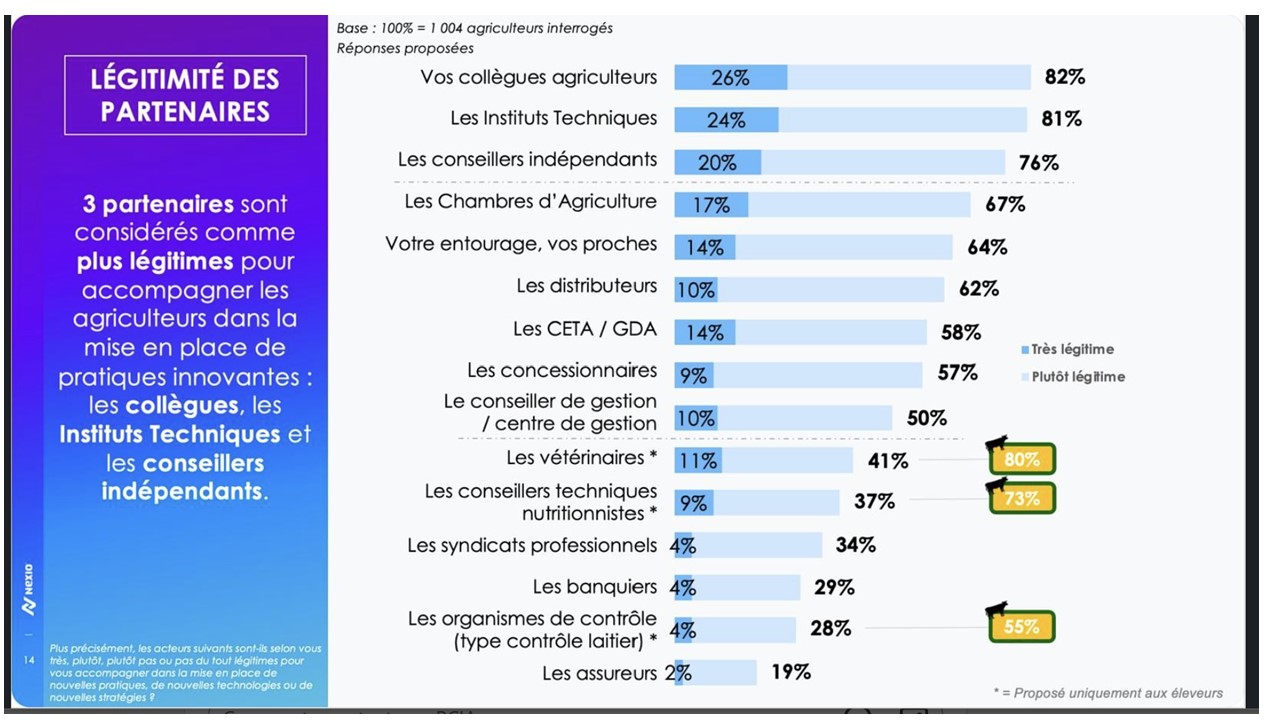AEICA members are agricultural advisory organizations operating in one or more European countries, including EU member states, or cross-border by specialty.
AEICA’s agricultural advisory services encompass agronomy, prophylaxis, soil fertility, animal nutrition, agroforestry, annual and perennial crop protection (IPM) in accordance with EC Directive 2009/128, fodder production, agroforestry, maintenance of wooded and/or uncultivated areas, fish farming, ICT, mechanization, as well as assistance with all training, declaration, registration, certification, and management tasks, all of which are necessary and even essential to economic sustainability, but time-consuming for those passionate about production who are the managers of agricultural production companies and/or those involved in the maintenance of wooded and/or uncultivated areas.
Soil protection through conservation or « conservation biocontrol, » as well as ensuring the quality of food products from agricultural and wine production, as well as promoting their short-circuit marketing, are also specialties of some AEICA members.
All of these agricultural advisory activities within AEICA are carried out with the preservation of human health as a fundamental objective, ensuring practices that respect air, water, soil, and biodiversity. They also take into account all factors that can increase production resilience in the face of climatic hazards in order to maintain high levels of agricultural resources and sustainable prosperity for these specialist professional businesses, both food producers and managers of natural areas.
Thus, these agricultural advisory activities within AEICA perfectly integrate all the forms and contents of 360° and/or global advisory services, both internally and/or through networks.
Membership in the AEICA is possible only with the approval of the Board of Directors and a formal commitment to strict compliance with its Code of Ethics© and its internal regulations, confirmed by valid or initial IndepAgriEthic® certification.
According to its statutes, the AEICA is structured to make all decisions necessary for its proper functioning and in the interest of the members it represents; its governance is ensured by the General Assembly of members, its Board of Directors, and its elected representatives.
General Assembly
Board of Directors
Commissions
Objectives of the AEICA
The association's commissions :
Technical and Quality of productions
Scientific and Development
Economic and Societal
Global Farmer Council
PROFESSION & CONTINUING EDUCATION - REGULATIONS-CERTIFICATION
Respecting human health in agriculture means adopting practices that protect farmers, consumers, and the environment. By promoting sustainable methods, reducing chemical use, and protecting natural resources, we can ensure healthy, sustainable, and respectful agriculture for all. Respecting human health concerns men, women, infants, and unborn children.
